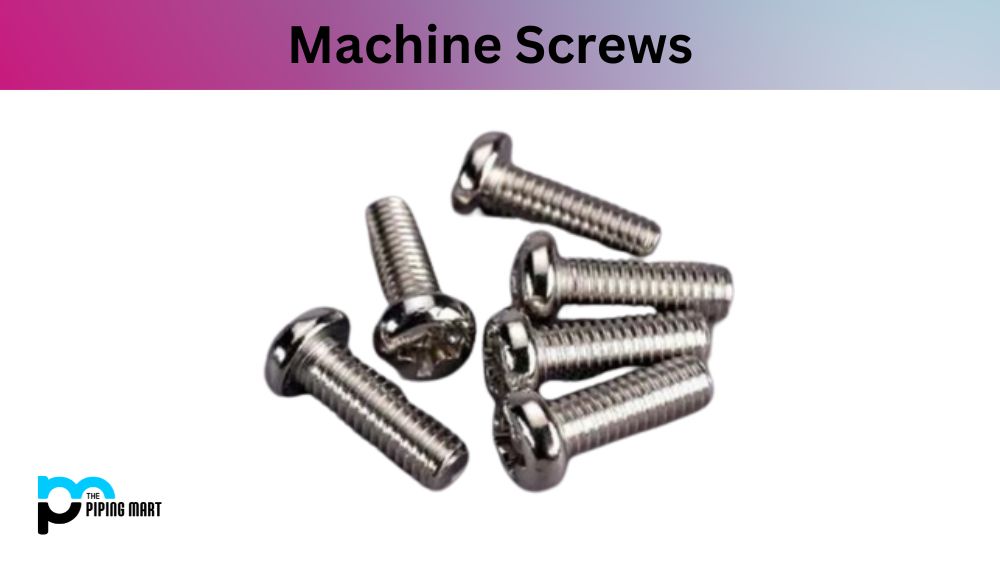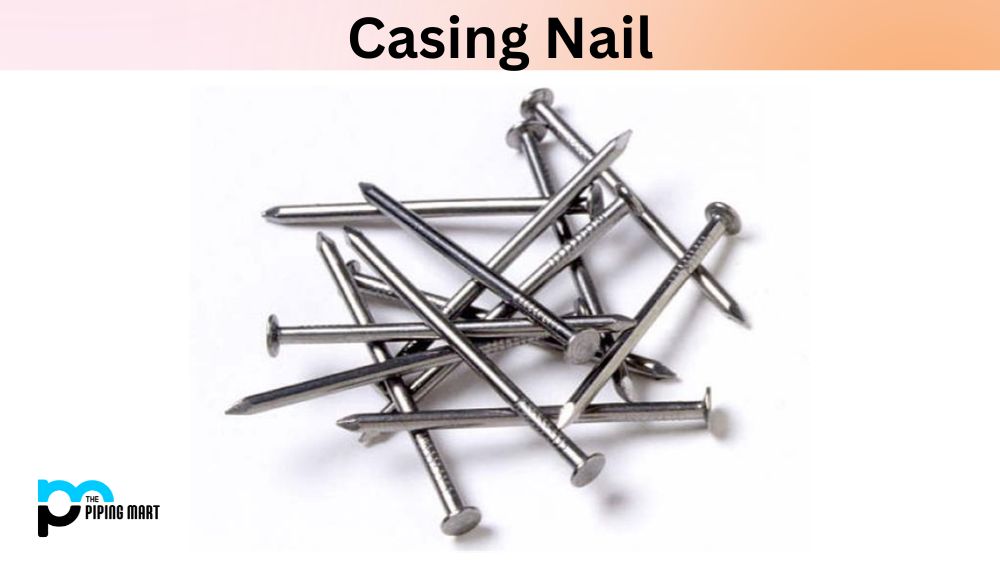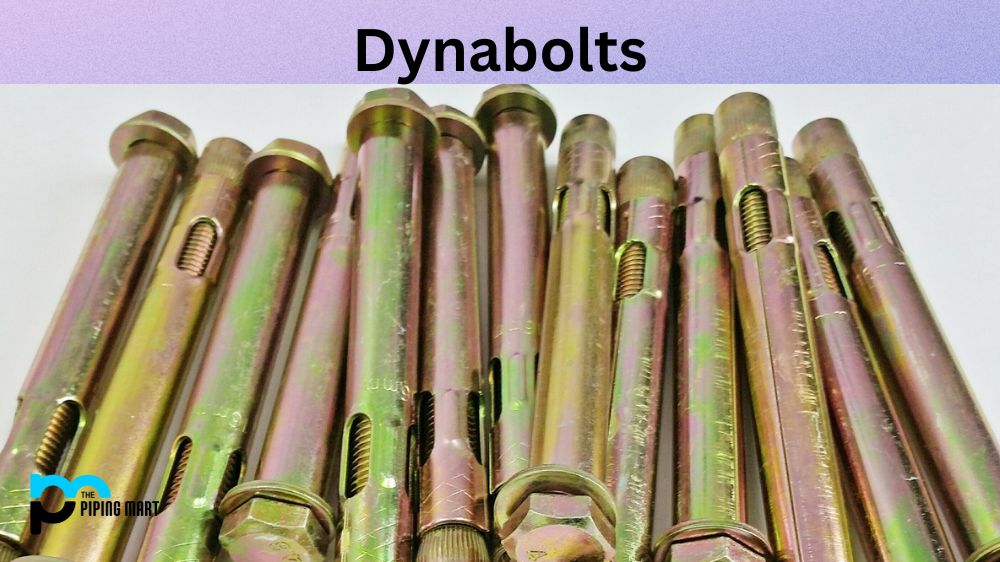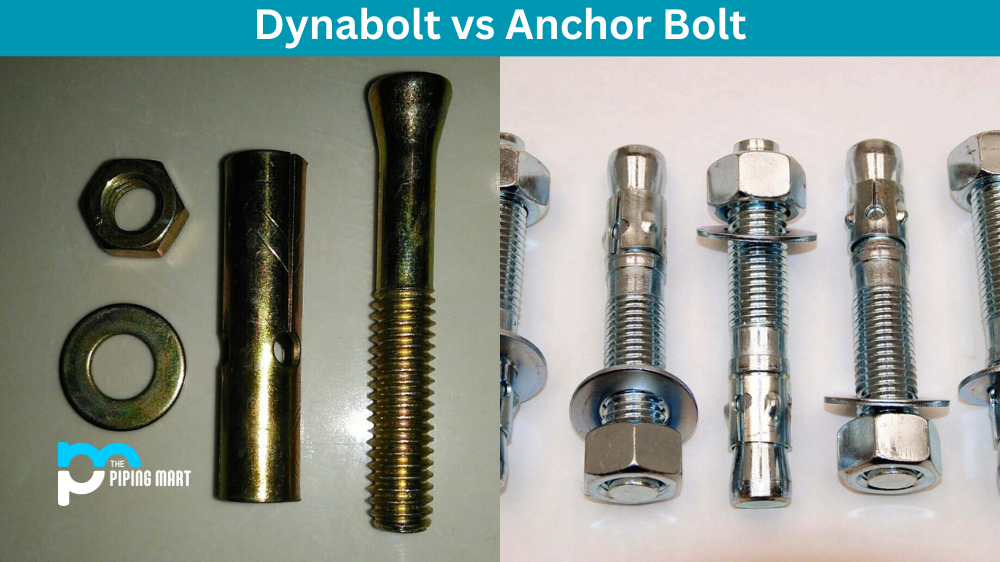Machines and screws play a vital role in most of our industrial processes and equipment. They are used to join two parts together securely. But, just like any other screw product, machine screws are not perfect and have their advantages and disadvantages. If you are considering using machine screws for your project, it is essential to understand the benefits and drawbacks that come with using them. In this blog post, we will discuss the advantages and disadvantages of machine screws and help you make an informed decision.
Advantages of Machine Screw
Strong and durable –
One of the significant advantages of machine screws is their strength and durability. Machine screws are strong because they are made from high-quality materials like steel or stainless steel. They can withstand high loads and pressures, making them ideal for heavy-duty applications.
Easy to install –
Another significant advantage of machine screws is their ease of installation. The screws are designed to be used with nuts, which makes them easy to install, even in tight spaces. With just a screwdriver and a pair of pliers, you can quickly tighten and secure the screws in place.
Versatile –
Machine screws come in different sizes and lengths, making them ideal for a wide range of applications. From electronics to automotive industries, machine screws can be used in almost every industry. They are also ideal for joining materials like plastic, wood, and metal.
Disadvantages of Machine Screw
Cost –
One of the significant disadvantages of machine screws is their cost. Compared to other types of screws, machine screws are more expensive. The cost can increase even further if you require a custom size or length.
Requires a Nut or Tapping –
Machine screws require a nut or tapping to be used correctly. This means you will need additional tools like pliers or a die set to use them. This can be a disadvantage if you are working in a tight space.
Time-consuming –
Because machine screws require a nut or tapping, this process can be quite time-consuming. Installing and tightening machine screws can take longer than other types of screws, like self-tapping screws.
Conclusion:
In summary, machine screws offer numerous benefits and disadvantages for your project. They are strong, durable, versatile, and easy to install, making them ideal for heavy-duty applications. However, they can be costly, require additional tools, and are time-consuming to install. Understanding the advantages and disadvantages of machine screws is essential to help you make an informed decision on whether they are suitable for your project. Consulting with an expert in the industry can help you make an informed and timely decision.
Rachana is a dedicated and ambitious young woman who has made a name for herself in the metal industry. From her earliest days in the industry, Rachana showed a natural talent for problem-solving and a keen eye for detail. In her free time, She enjoys reading up on the latest advancements in the industry, as well as exploring new ways to innovate and improve upon existing processes.




